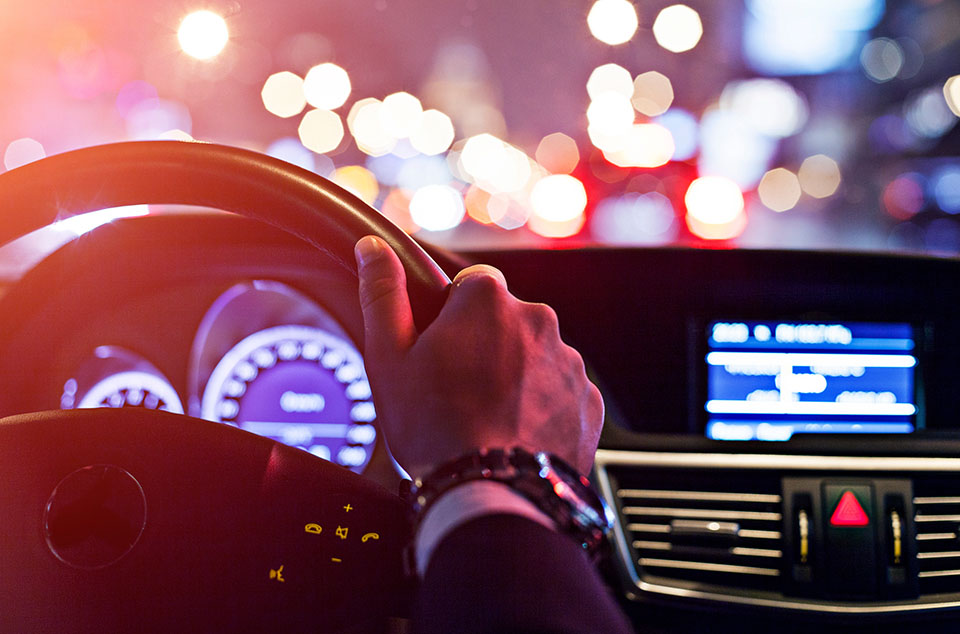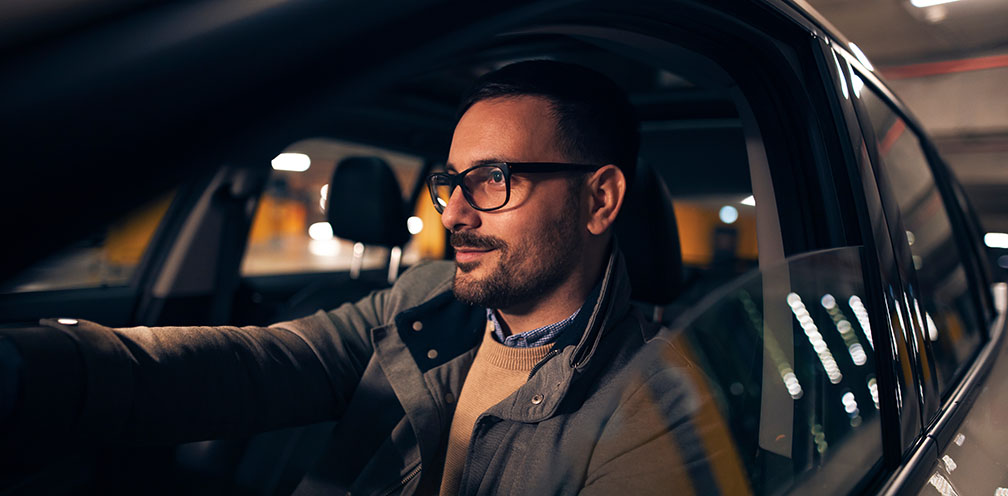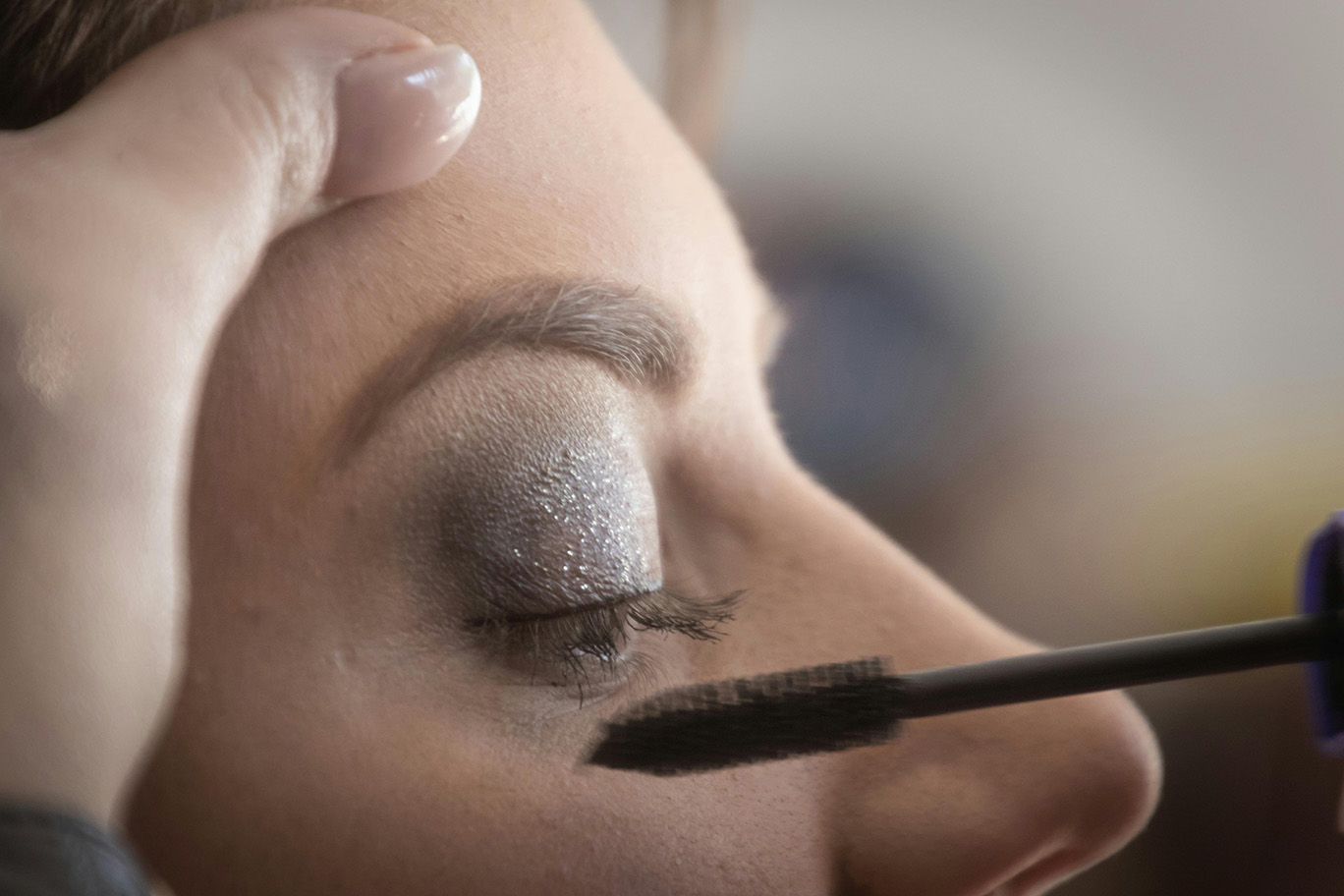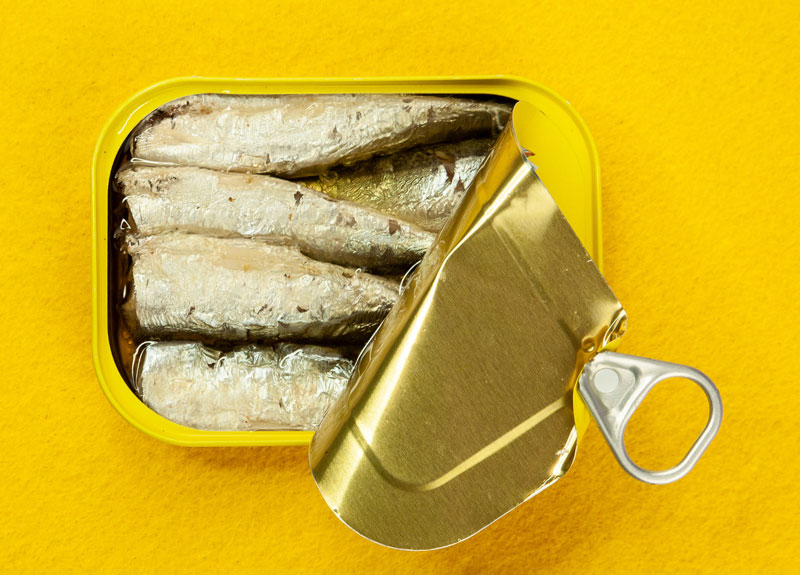Blog

Night Driving
Posted: 10/10/2022
- Get your car winter-ready – Check your de-icer, check that all your lights are working, clean and set to the right beam height to avoid dazzling other road users, also check your wiper blades are functioning well to keep your windscreen clear
- Prepare yourself – Is your eyesight still up to scratch? If you aren’t sure – get checked by booking an eye examination appointment. Can you see the road and your dashboard clearly and comfortably? If not – consider Hoya Enroute lenses which also help cut dazzling glare. Ask us for more information. Check your dashboard lighting isn’t too bright as this can be distracting
- Gather essential equipment - If you have long journeys planned, consider keeping an extra layer of clothing in the car in case of breakdown on a chilly night, and keep a car phone charger or battery pack in your glove box. A hazard triangle can be kept in the boot, but a high-vis vest should be within in easy reach
- Drive to the road's conditions -Give yourself a bit of extra time, especially if the weather is poor or you are heading somewhere unfamiliar
- Use your lights correctly - beams allow you to see further and more clearly when driving down quiet dark roads but if there are oncoming vehicles or a vehicle close in front of you don’t forget to dip them to avoid dazzling the other road users. Only use your fog lights when visibility is below 100 metres
- Drink, drugs and driving – It is common sense not to drive after drinking any alcohol or using recreational drugs – use public transport or nominate a sober driver for the night. If you know you will be out for Christmas celebrations plan well ahead and take turns with your friends. Prescription or OTC medication can impair your driving ability too – always ask the pharmacist for advice if you are not sure
- Take regular breaks - Tiredness is a common cause of collisions and shorter days can upset your circadian rhythm making you feel more fatigued during the winter. It is something that should be taken seriously, even if you're in a rush to get to your destination. Regular breaks can refresh the mind and allow you to concentrate on the road. As a general rule, it's best to take a 15-minute break for every two hours of driving. But there's no shame in having more breaks if required. All British motorway service stations are open 24 hours a day, allowing you to grab a coffee or a bottle of water during your break. A bit of fresh air can also help, so taking a short walk is beneficial
- Check your insurance policy – If you have a ‘black box’ policy to reduce your premium, check to see if there is a curfew as it will affect your premiums if you drive outside these times. All insurance policies will be null and void if your eyesight is below the DVLA standard so make sure your eye examinations are up to date

< Back




